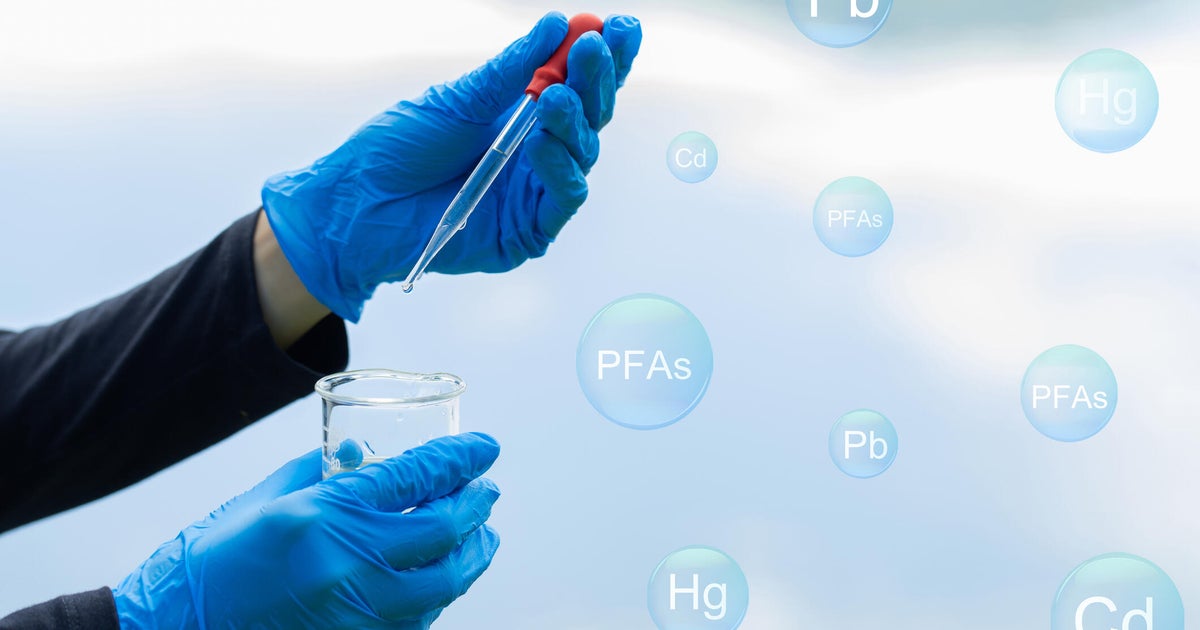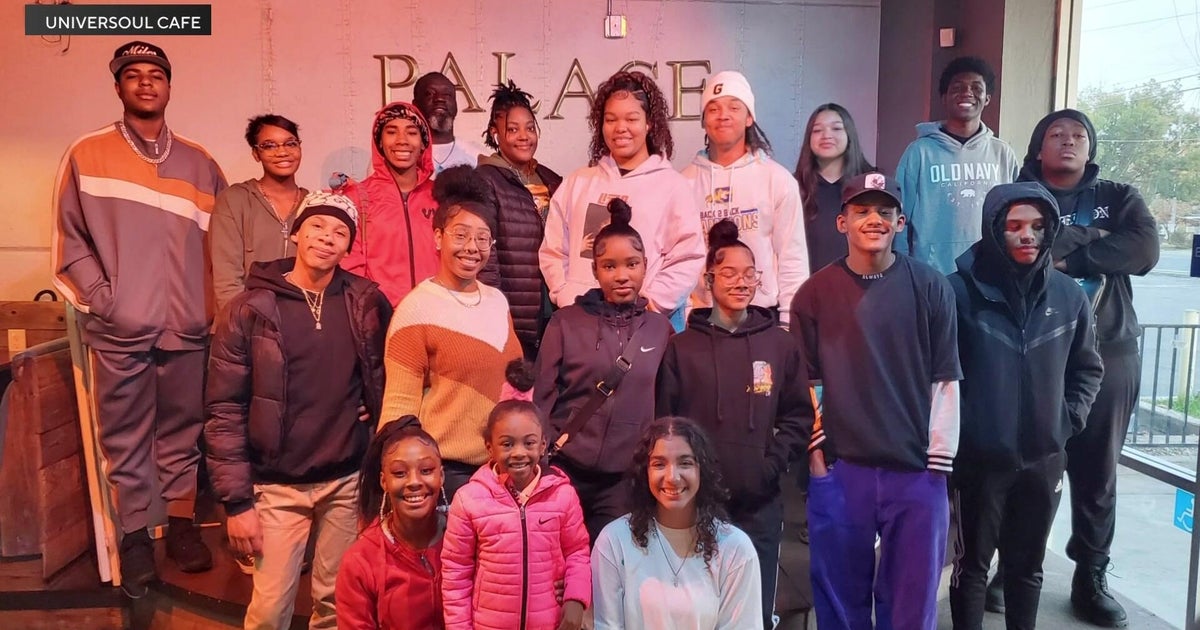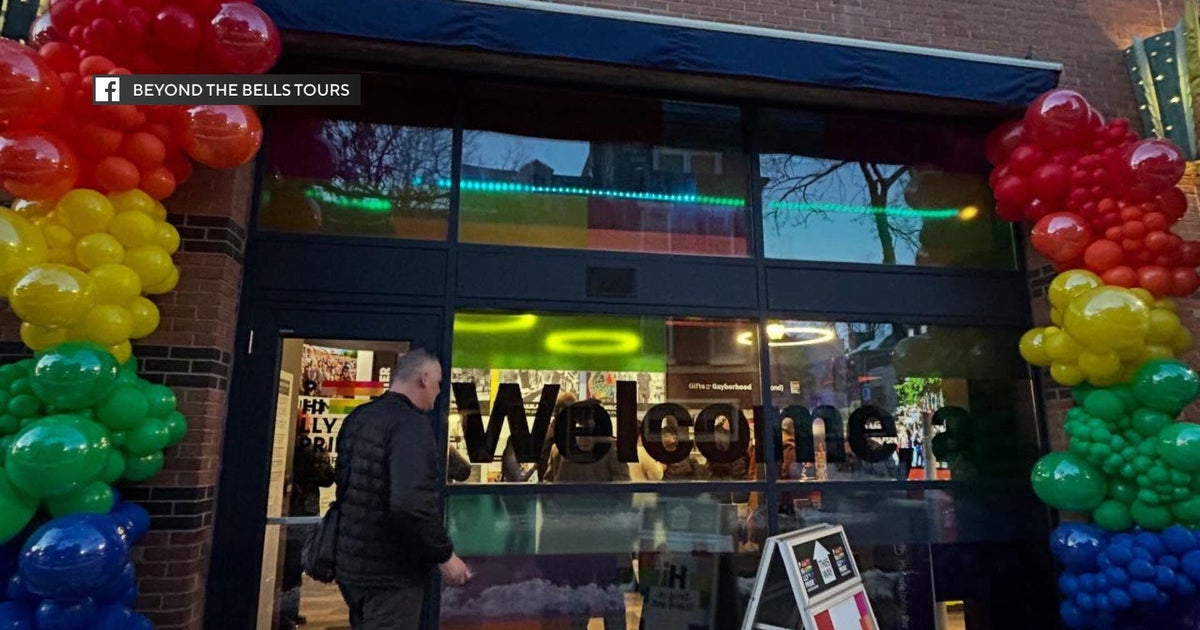The EPA currently regulates 2 PFAS chemicals. This Minnesota lab is working to destroy 47.
MINNEAPOLIS -- From life-saving medications to contact lenses and fast food wrapping, PFAS, or "forever chemicals," are ubiquitous in our lives. One local company says even if we stop producing products that contribute to our PFAS problem, the cleanup will take decades.
Inside an unassuming lab in a corner of Minneapolis, scientists are working heads down to destroy a set of "forever chemicals" that are seeping into our drinking water with the potential to hurt our health, and to bolster public awareness.
"We do have a pervasive PFAS remediation need in the state of Minnesota," said Michelle Bellanca, CEO and co-founder of Claros Technologies. "Even in our local water tables or our ag fields we've got PFAS that's pervasive. ... I think there's a significant health risk."
To destroy PFAS, you first have to find it. And doing that is no small feat.
"We became PFAS detection exerts so that we could become destruction experts," John Brockgreitens, Claros Technologies' VP of research and development, said, pointing to a jar filled with yellow beads -- but for one. "That is one black bead in a million of these jars so we're trying to find a needle in a haystack in a series of haystacks."
To find the needle, they put water samples into a machine no bigger than a mini fridge, that can detect PFAS down to one part per trillion. Claros Technologies says they're different because they're destroying more types of PFAS.
"In most commercial labs in the country today, they're analyzing for 24 to 26. Like I said, today we do 47," Brockgreitens said. "Depending on who you ask, there are over 15,000 different types of PFAS compounds. ... The EPA is currently regulating two, soon to be six. As the EPA is learning more and more about these compounds, as they're regulating more stringently, it takes labs like ours. "
RELATED: PFAS in Minnesota: How "forever chemicals" changed the state of water
Claros -- which started with University of Minnesota scientists working on EPA, CDC, and Department of Defense grants -- now has about 25 employees and is getting ready to go live on a larger commercial scale in a matter of months.
"Theres about 10 to 12 companies in the country that are looking at PFAS destruction specifically, and we're all at the same place. We're trying to scale up technologies for PFAS destruction," Brockgreitens said.
You may be wondering, how do you destroy something that's infamous for being permanent? That answer is in a room filled with barrels of industrial water waste and drinking water samples from around the world.
"Once we have PFAS in a form that we can destroy it, we put it into our UV reactor here. So we add in some of our proprietary chemistry," Brockgreitens said.
Even if you concentrate the PFAS, as they're doing, you have to scale to meet the crushing demand. A 100-liter treatment unit is the next step in their quest to scale.
"What if you can keep these compounds in use for critical applications but you can ensure that they never leaving the facilities? We permanently solve the problem," Bellanca said.
Harnessing the power of this greenish UV light, a well-known water treatment method, and using it to solve a new puzzle.
"We're taking a technology that is known and we're adapting it for a global problem," Brockgreitens said. "At Claros we have the tagline: 'We solve problems without creating new ones.' If we mess up, people get this in their water, and this is something we take extremely seriously. How do we take our knowledge of chemistry? How do we take our knowledge of engineering and do something that we feel is important to the world?"
A recent study by the U.S. Geological Survey found nearly half of the country's tap water could be contaminated with those forever chemicals. PFAS have been linked to certain cancers. There are water filters to help reduce your exposure.









